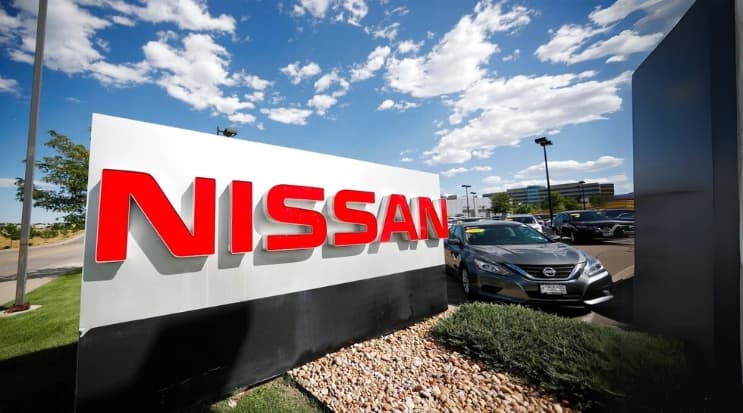
Nissan to Cut Production in Japan Due to U.S. Tariffs
Impact of U.S. Trade Policies on Global Automotive Industry
Nissan's Response to U.S. Tariffs
Nissan has announced a significant reduction in the production of its top-selling model, the Rogue SUV, at its Kyushu plant in Japan. This cut, which will occur between May and July, is a direct result of the 25% tariff on cars imported to the U.S., introduced by U.S. President Donald Trump. The tariff has caused a ripple effect in the global supply chain, forcing manufacturers like Nissan to reassess production strategies.
Nissan's Response to U.S. Tariffs
Nissan, Japan's third-largest carmaker, is particularly vulnerable as the U.S. remains its largest market. The U.S. accounted for over a quarter of Nissan's vehicle sales in the previous year, with many of those units manufactured in Japan or Mexico.
Tariff Impact on Nissan's U.S. Operations
During the three-month period from May to July, Nissan plans to reduce the output of the Rogue SUV by 13,000 units at its Kyushu facility. This cut represents over 20% of the 62,000 units of the Rogue SUV sold in the U.S. during the first quarter of 2025. As a result, workers at the Kyushu plant will face reduced hours, and some production days will be paused.
This reduction highlights the significant challenges that automakers face as they adjust to the high tariffs imposed by the U.S. government. Although President Trump recently indicated that he may modify the auto tariffs, the uncertainty remains, forcing companies like Nissan to act conservatively.
Adapting to Tariffs and Maintaining Market Share
In response to the tariffs, Nissan has reassured its workforce and customers by stating that it is continuously reviewing its production and supply chain processes to ensure efficiency and sustainability. The company emphasized that it would take a thoughtful and deliberate approach as it navigates the immediate and long-term effects of the tariffs.
Global Automotive Landscape and Legal Considerations
Nissan is not the only automaker to adjust its operations due to the tariff policies. Other global carmakers, including Stellantis and Honda, have also altered their production schedules or shifted manufacturing locations to avoid the U.S. tariffs. These moves highlight the importance of adapting to U.S. trade regulations, which have reshaped the automotive manufacturing landscape.
For legal professionals, particularly lawyers in the automotive and trade law sectors, these shifts in production present new legal challenges and opportunities. Automakers must carefully navigate international trade laws and tariff regulations while ensuring compliance with local laws in the U.S. and abroad.
Conclusion
Nissan's decision to cut production in response to U.S. tariffs is just one example of how global trade policies, such as those imposed by Trump, are reshaping the automotive industry. As tariffs continue to affect manufacturers, it will be crucial for automakers and their legal teams to adapt to changing market conditions and comply with both international and local laws.
For any enquiries or information, contact info@thelawreporters.com or call us on +971 52 644 3004. Follow The Law Reporters on WhatsApp Channels